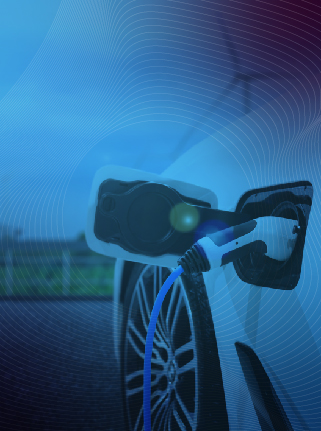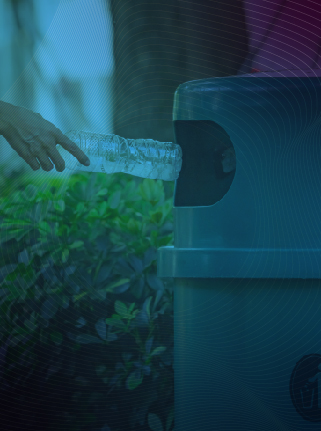Problem
Current systems for monitoring and tracking the use, disposal, and reuse of resources are inadequate, leading to inefficiency, waste, and negative environmental impacts; this is an issue for sustainable resource management in the context of a circular economy. This is due to overlap and double counting of resources, a lack of transparency and traceability, challenges in creating standards and definitions, infrequent monitoring and evaluation, and a lack of periodicity in monitoring and evaluating. The issue is made much more complicated by the fast-growing number of connected devices and the demand for substantial resources to meet the concerns of climate change. This undermines trust and responsibility, making it harder to realize the environmental and economic benefits of a circular economy in which resources are used and reused within a closed-loop system.
Solution
Sustainable resource management in the circular economy can benefit from the use of blockchain technology in a number of ways, including increased transparency and traceability of materials throughout the supply chain, decreased resource consumption, elimination of counterfeiting and its harmful effects on the environment and society, better consumer decision-making, and the linking of primary and secondary markets. This, in turn, can assist to build a more efficient and sustainable circular economy by elongating the lifespan of objects, providing a concrete means for customers to resale or reuse items, and decreasing waste and expenses associated with landfills.
Close





